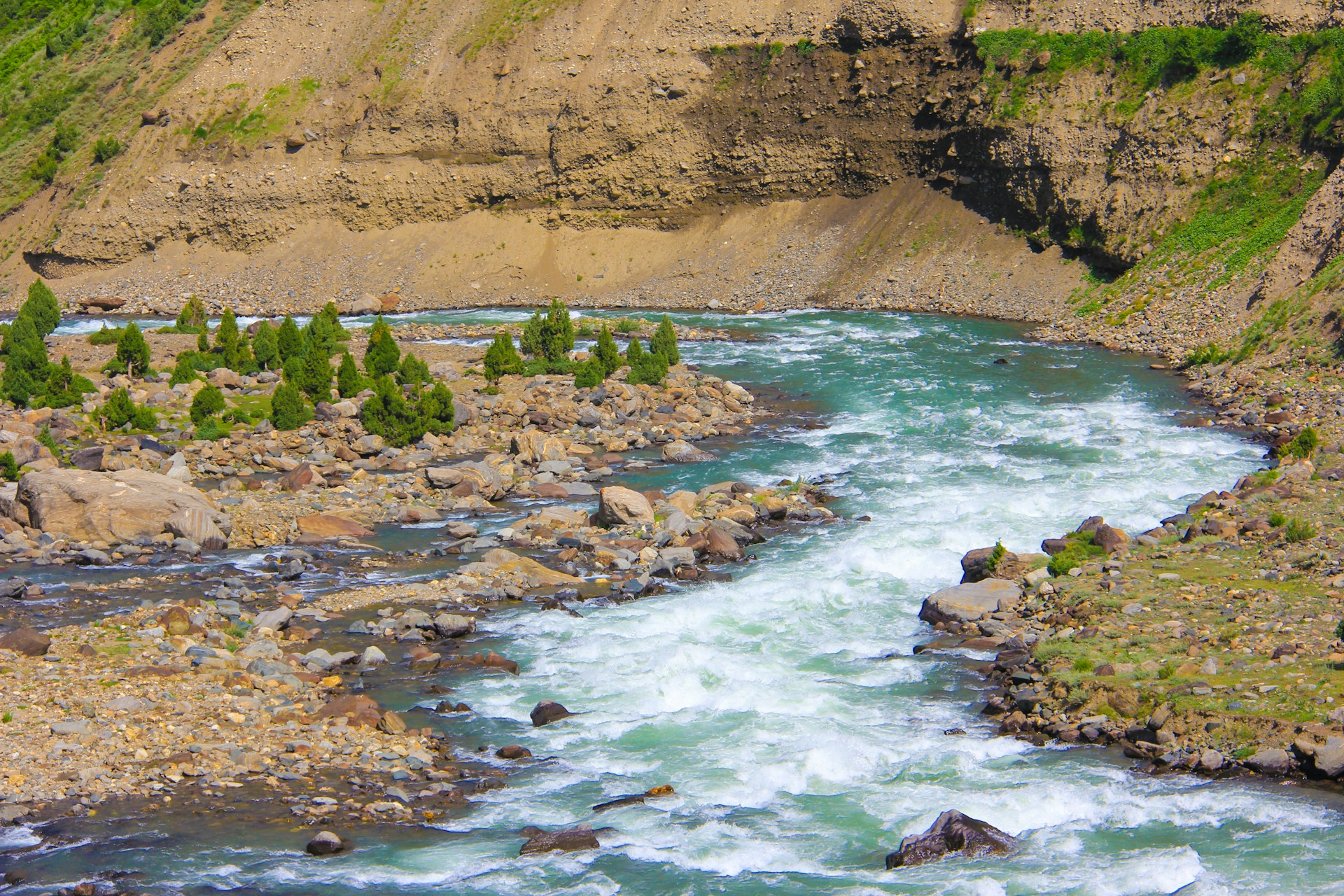Health
Discover Hunza Valley’s Secret to Century-Long Lifespans
The Hunza Valley, nestled in the far northern reaches of Pakistan, is an area where the inhabitants seem to defy the typical limits of human longevity. This remote region is primarily inhabited by the Burusho and Wakhi people, who have managed to thrive for centuries in isolated villages, despite limited amenities and basic health facilities. Research has revealed that the average life expectancy in this region is around 100 years.
One of the most significant local crops in the valley is the apricot tree. Scientific studies have indicated that apricot seeds can help combat cancer and other inflammatory conditions, largely due to a compound known as amygdalin.
Apricot oil is a staple in nearly every traditional Hunzai dish. While it was once made by hand, locals now use machines to extract it from their harvested kernels. My mother-in-law shared with me that half a century ago, apricot oil was the only cooking medium used, even for meat. Dried apricots also serve as a remedy for altitude sickness and are boiled into a soup during the winter months.
The people of Hunza maintain an active lifestyle well into their later years. It’s not uncommon to see octogenarians outdoors, even in the winter. Elderly family members continue to tend to their livestock, gather wood, and perform other household chores. They also engage in community activities like “rajaki,” a springtime tradition of cleaning the elevated water canals.
Physical activity is a daily routine for locals of all ages. Cycling, skating, and playing sports such as soccer and cricket are common pastimes.
The Hunza Valley is home to numerous glaciers, which melt throughout the summer. This melting process produces a shiny, dark-grey liquid known as “Hunza water.” This naturally filtered glacial water, rich in precious minerals, has piqued the interest of scientists worldwide.
This glacial runoff, which typically lasts from May to October, is served in homes and restaurants throughout the region. The locals swear by its health benefits and prefer it over filtered water.
The diet in Hunza is predominantly fresh and locally sourced. Almost all the meat consumed comes from recently slaughtered local animals. Processed foods are rare, and fast food is non-existent. Meals are freshly prepared at home each day, with many households growing their own vegetables. Spinach is a particular favorite, while other popular produce like tomatoes and potatoes are grown locally and organically.
The sense of community in Hunza is strong. Neighborhoods and villages are closely knit, and the residents take care of each other, particularly the older members of the community. Retirement homes are unheard of in this region. Elders are deeply respected and cared for by their families.
Let us know what you think, please share your thoughts in the comments below.

